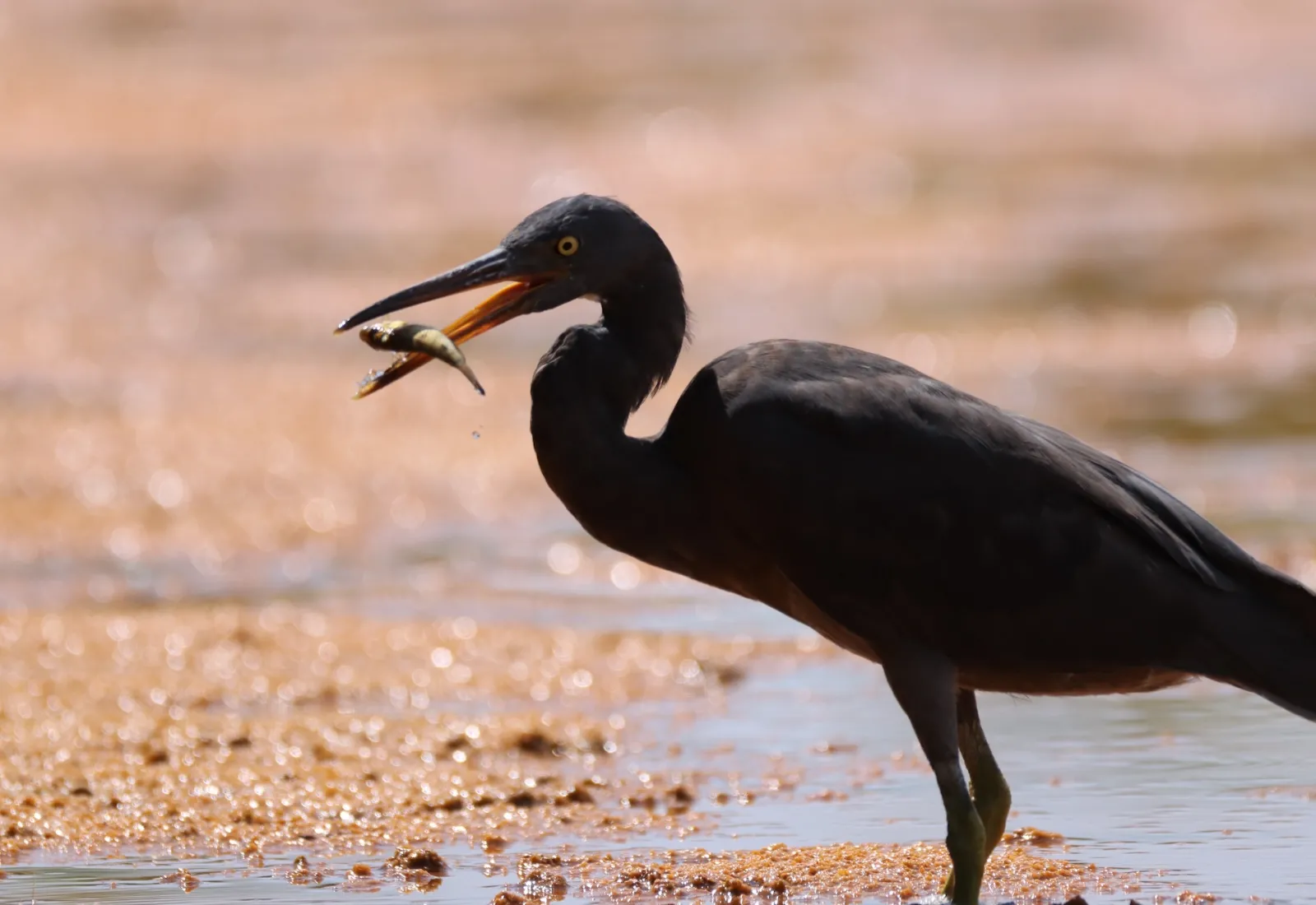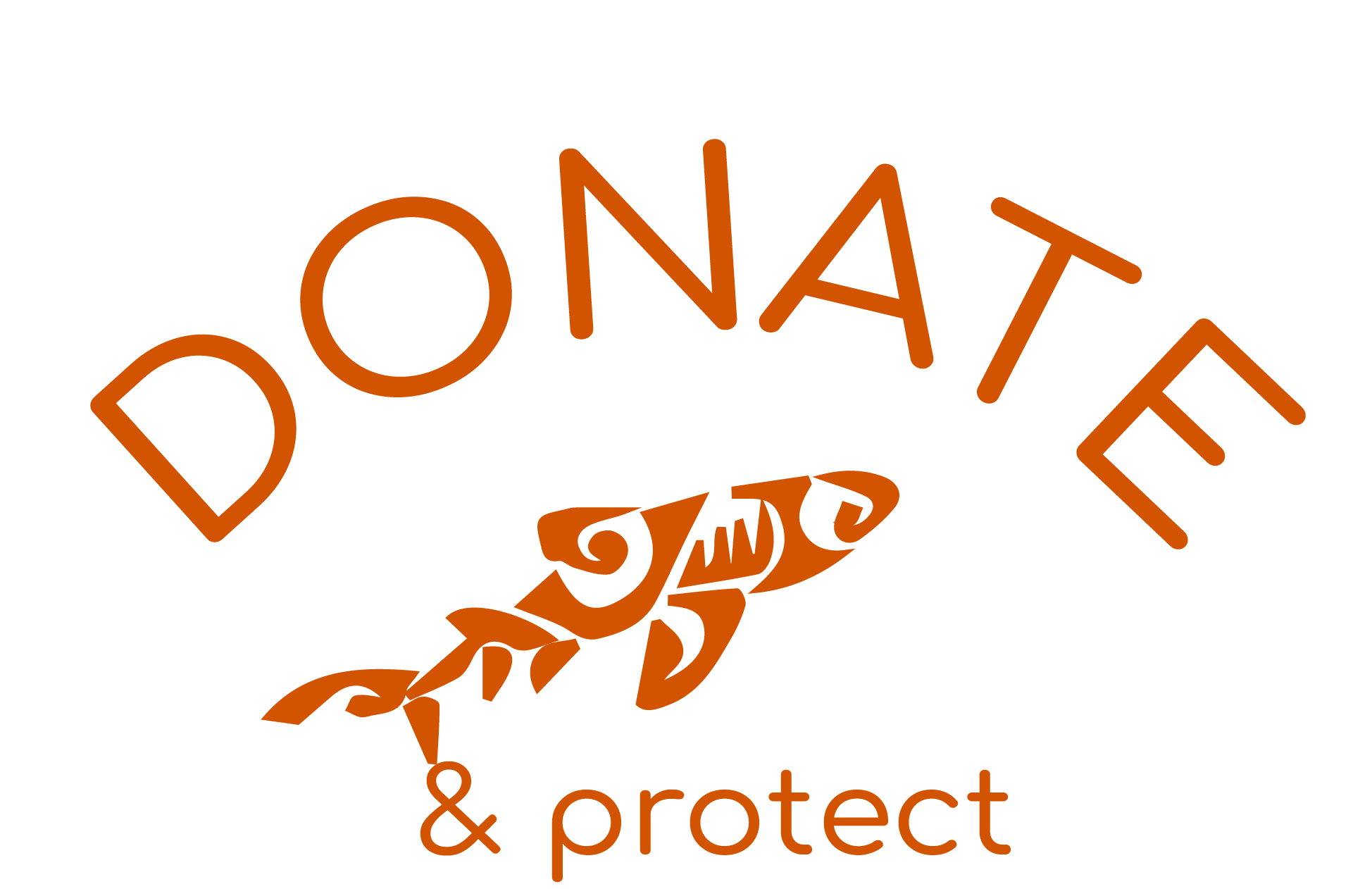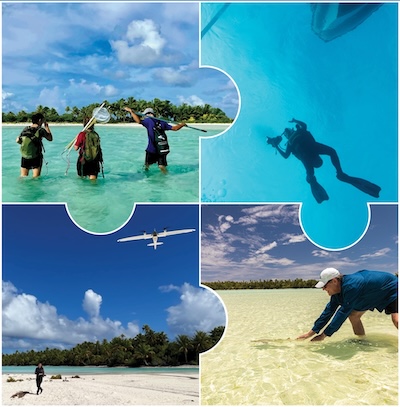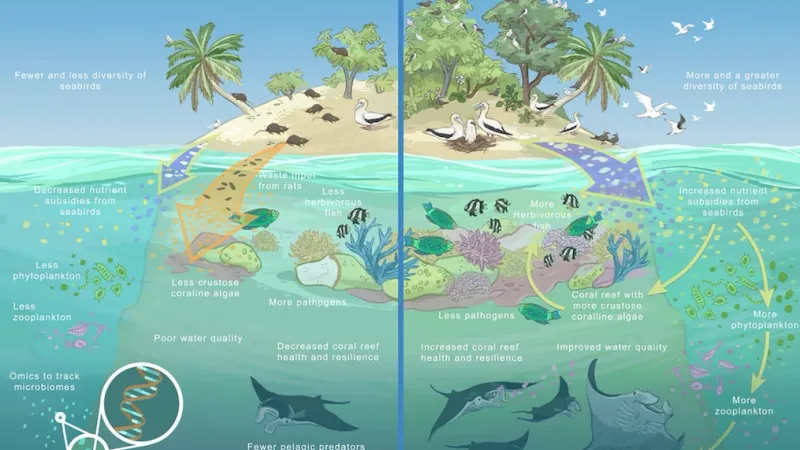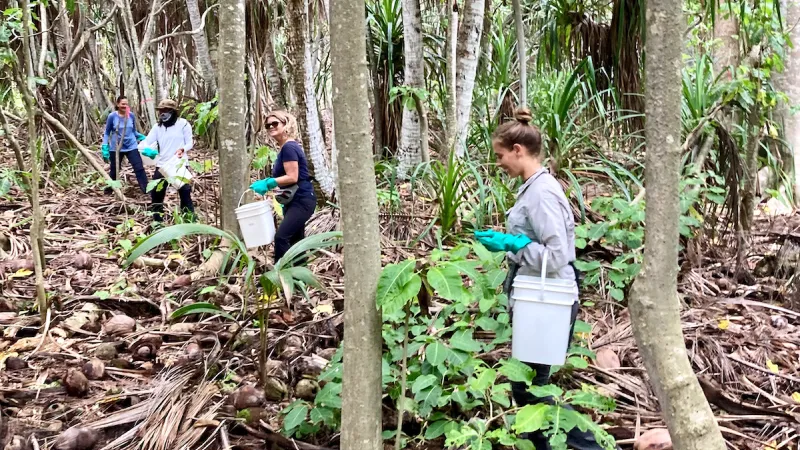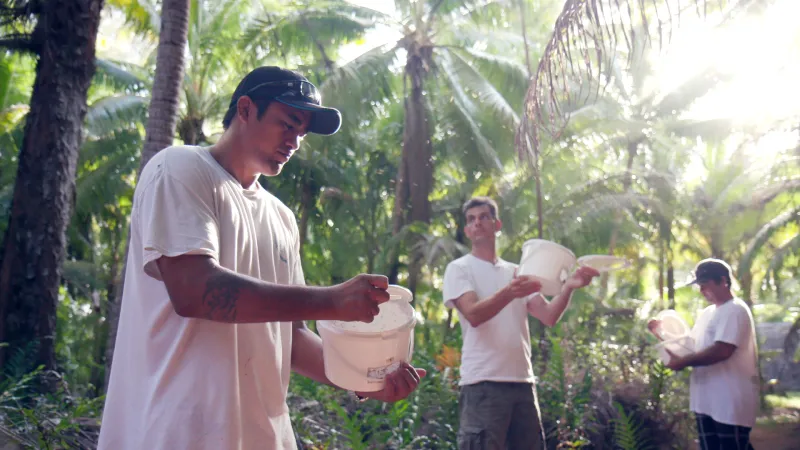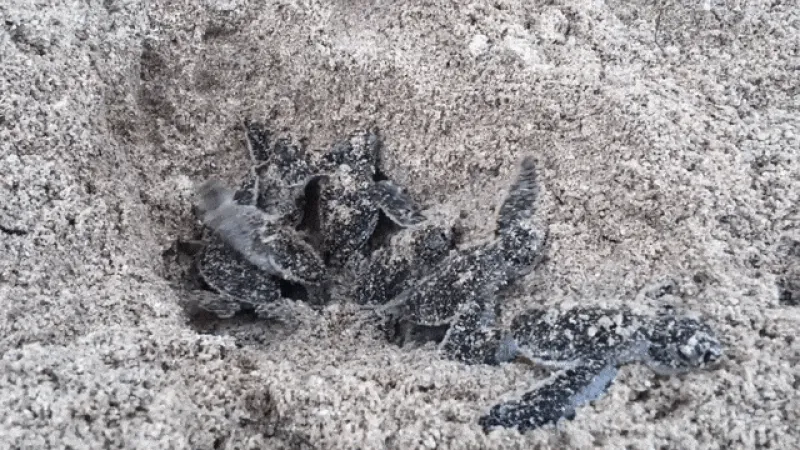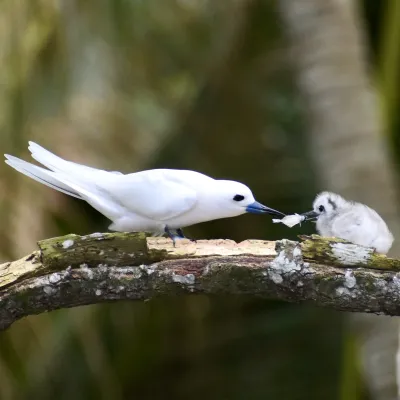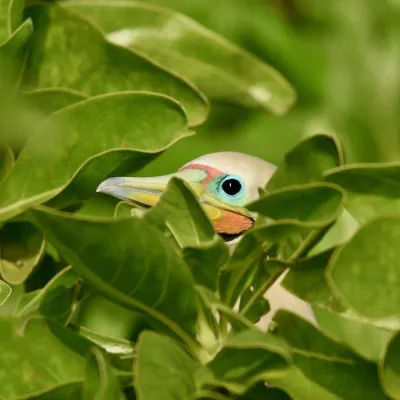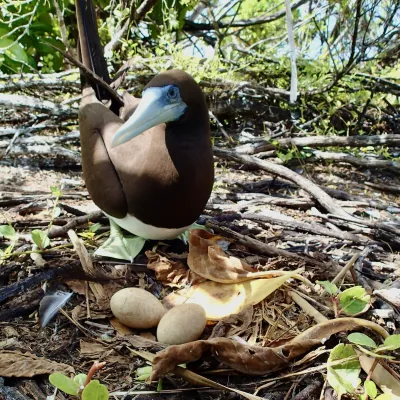Tetiaroa is a natural wonder of astonishing beauty and environmental, historical and cultural importance. It is vital that this treasure be conserved, restored and protected so that its future is as rich as its past.
Tetiaroa Society is honoured to have been entrusted with the responsibility for developing a plan for managing and conserving this natural marvel. Our vision for Tetiaroa, which has guided the development of the plan, has been that the health, diversity, and resources of the Tetiaroa terrestrial and marine ecosystems and the wildlife they support, and the island’s rich cultural heritage, be protected forever.
Tetiaroa Society has put together a Conservation and Sustainable Use Plan which involves all stakeholders and serves as a blueprint for conservation work on the island.

